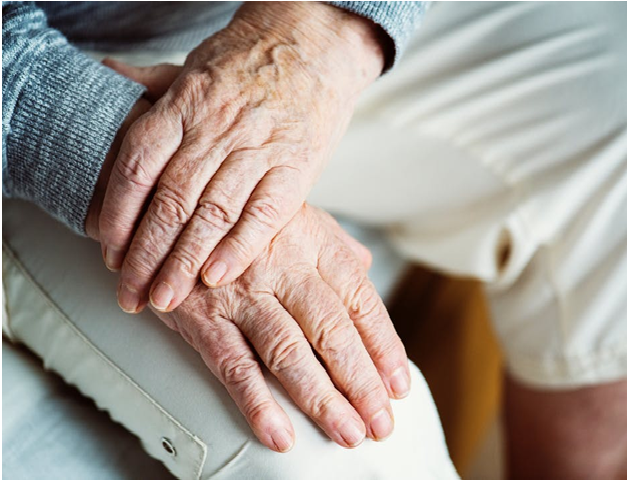Parkinson’s disease is a chronic illness which stands out among the other neurodegenerative and progressive disorders since it is the second most common neurodegenerative disease after Alzheimer’s affecting 1 percent of all people over 60 years of age in industrialized countries.
Understanding how an individual lives with Parkinson’s disease, which is a long-term condition, is necessary to provide individualized care and deliver professional role in person-centered care so that you may be able to know how to deal with this disease and the person suffering from it, may it be a close friend or a family.
What is Parkinson’s Disease
Parkinson’s disease is a progressive nervous system disorder that affects the nerve cells in the brain that produces dopamine which affects movement. This disease’s symptoms start gradually, sometimes starting with a barely noticeable tremor in one hand, —other symptoms include muscle rigidity, changes in gait and speech.
In the early stages, the face may show little or no changes, arms may not swing when you walk, speech may become soft or slurred. However, Parkinson’s disease symptoms get worse over time as the condition progresses. An individual will more likely get this disease at 60 years of age and older and it is also possible for it to start at a younger age but it rarely occurs.
Living with Parkinson’s Disease
A diagnosis with any sickness, especially if it is a chronic condition, is life changing since it will accompany you for the rest of your life. With this, you’ll need long-term treatment to control the symptoms and will eventually need to adjust to the little things that you have done in your daily life. Everyone’s experience of living with this disease is different but there are lots of common issues and challenges shared by many people living with the condition.
Keeping Positive Well-Being
Your life may have drastically changed due to Parkinson’s disease. However, it is important to do what you can to keep a positive well-being and stay physically and mentally healthy while living with this disease.
Exercise and Healthy Eating
Exercising or being physically active is important since it helps in relieving the muscle stiffness while altogether improving your muscle stiffness, mood and relieves stress. There are many activities that are available for you to do to help keep yourself fit and healthy, ranging from the active sport such as tennis and cycling to less strenuous activities such as walking, yoga, and gardening.
Do these things while having a balanced diet containing all the nutrients that your body needs to give you your body a helping hand through the nutrients given by the food you eat.
Vaccinations
Keeping your body healthy as possible from other health issues is a must, which is why it is encouraged for individuals to get a yearly flu jab in the right season. The vaccine that is usually recommended is the pneumococcal vaccination, which is a one-off injection that protects an individual against a serious chest infection called pneumococcal pneumonia.
Relationships and Support
Since having a chronic condition will affect your emotional well-being and can put a strain on you, your family and friends’ relationship, it can be difficult to talk to people about your condition even if they are close to you. It may even cause you depression due to the drastic change in your lifestyle such as an increasing difficulty with movement
Care and Support Facilities
Support and care are both things that you will really need in living with Parkinson’s disease since this chronic condition will not only take a toll on your physical body but on your mental well-being as well. It is worth taking the time to think about what you need and what would help you to achieve the best quality of life.
For example, joining a support group which would help you emotionally and socially so that you won’t be stressed over the condition that you have. Support groups may also lighten the emotional burden that you may feel that you can’t share to your family or loved ones. Thus, having this kind of support will surely help you in living with the disease.
Treatments
There’s currently no cure for Parkinson’s disease but treatments are available to be able to help relieve the symptoms and would make you still have the best quality of life you could have. The treatments include supportive therapies such as physiotherapy, medications, and surgery for some people.
Medications help alleviate your symptoms by increasing or substituting your dopamine which manages your problems with walking, movement, and tremor. Carbidopa-levodopa, Dopamine agonists, MAO B inhibitors are one of the drugs used for medication for the disease.
Takeaway
Having this disease whether it’s you, a family member or a friend can be a heartbreaking news. However, one shouldn’t stop aiming for the quality of life that you could still have, with the help of treatments and medications, you can still have a good life. Treatments may be expensive but there are Parkinson’s drug coupons to financially help patients.




